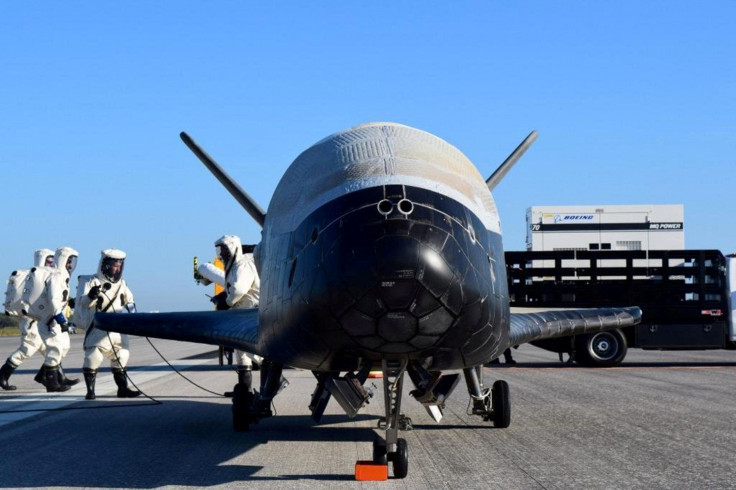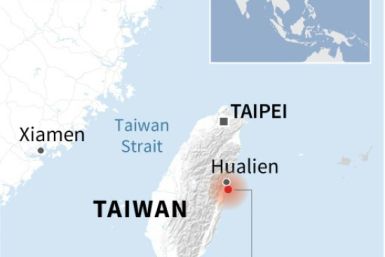SpaceX, Iridium satellites, Falcon Heavy update: Rapid turnaround stuns the world; Refurbished boosters a breakthrough

SpaceX has created a record by launching two rockets within three days. The company has completed two back-to-back missions successfully. It is SpaceX’s most rapid launch turnaround so far.
On Friday, the company launched a communications satellite from the Kennedy Space Centre in Florida. It launched another rocket on Sunday from California's Vandenberg Air Force Base.
SpaceX is now the only company to hold the record for most successful launches in a year. The latest mission delivered a group of satellites into orbit for the company Iridium, SpaceX’s largest commercial customer. The satellites have joined a network known as Iridium Next system.
One of the most important goals of this project is to eliminate “black zones.” These zones do not allow commercial planes to be tracked. The project will provide global real-time surveillance for all types of flights. Iridium Next will conduct six more missions over the next year.
Friday’s launch by SpaceX was also important for another reason. The company, for the second time, reused a first-stage rocket booster. It was previously used in January. The booster flings the payload towards orbit. SpaceX has for 13 times safely landed first-stage rockets on a droneship or land.
It is the only company that has “recovered, refurbished and then re-flown an orbital class rocket,” writes News18. SpaceX may eventually move used boosters for another launch in a day. The back-to-back launches went perfectly well without a hitch. All navigation equipment and engines performed as expected.
Elon Musk led SpaceX is also planning to launch for the first time the Falcon Heavy, an extensively boosted derivative rocket, later this year. Satellite operators and the Pentagon will be closely observing the demonstration flight.
They will benefit a lot from this tremendously powerful derivative rocket, way more powerful that Falcon 9. Musk’s space mission company is also focussing on its initial test flight of a manned capsule. If successful, it will transport American astronauts routinely to the International Space Station by the end of this decade, reports The Australian. The company is reportedly working on some 70 missions, which have a value that exceeds US$10 billion (AU$13 billion approximately).
Iridium’s 70+ satellite constellation is expected to be complete by mid-2018. CEO Matt Desch has said that he has no problem accepting refurbished boosters if they help in speeding up the deployment of the satellites. Stay tuned on IBT AU for more updates on SpaceX launches. [In Case You Missed It: SpaceX, Falcon 9, rocket re-use: Elon Musk creates buzz on Twitter; Company to launch more missions than in 2016]






